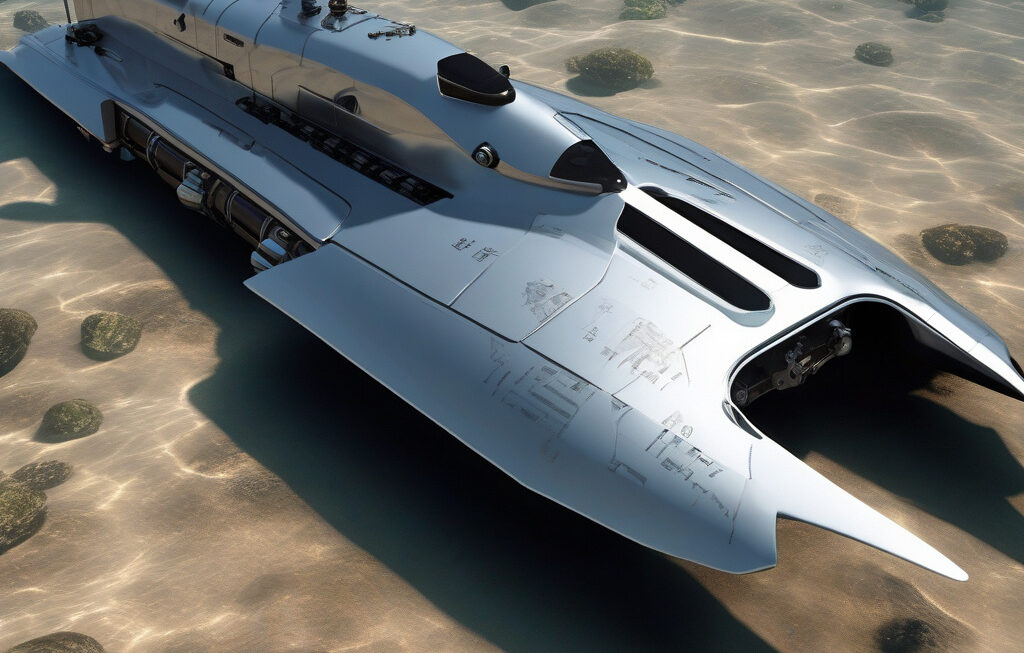China’s Fujian Carrier Could Carry Out Swarm Attack, Delivering Shock Effect to Enemy
China’s state-owned national broadcaster CCTV has announced that the nation’s most advanced aircraft carrier, the Fujian, is capable of executing a swarm attack strategy that could potentially deliver a significant shock effect to its enemies. This revelation has sparked discussions and debates among military analysts and defense experts worldwide, highlighting the evolving nature of modern warfare tactics.
The concept of a swarm attack involves coordinating multiple drones, aircraft, or naval vessels to overwhelm and confuse an adversary, ultimately gaining a tactical advantage on the battlefield. With the Fujian carrier reportedly equipped with cutting-edge technology and a highly trained crew, the potential for executing such a strategy is a real possibility.
One of the key advantages of a swarm attack is the ability to saturate the enemy’s defenses, making it challenging for them to effectively respond to multiple threats simultaneously. This can create chaos and uncertainty, exploiting vulnerabilities and creating opportunities for the attacking force to achieve its objectives swiftly and decisively.
In the case of the Fujian carrier, its advanced capabilities, including its aircraft, missile systems, and electronic warfare systems, could work in tandem to unleash a coordinated and overwhelming assault on enemy targets. By leveraging its firepower and agility, the carrier could project power across vast distances, making it a formidable force to reckon with in the maritime domain.
Furthermore, the use of unmanned aerial vehicles (UAVs) and autonomous systems could enhance the Fujian carrier’s swarm attack capabilities, providing real-time intelligence, surveillance, and reconnaissance support, as well as engaging targets with precision and persistence. This integration of manned and unmanned assets underscores China’s commitment to leveraging technological advancements to gain a competitive edge in modern warfare.
The potential implementation of a swarm attack strategy by the Fujian carrier raises important questions about the future of naval warfare and the implications for regional and global security. As China continues to expand its naval capabilities and assert its influence in the Indo-Pacific region, the strategic implications of such tactics cannot be underestimated.
Moreover, the development of swarm attack capabilities by China underscores the need for other nations to enhance their own defenses and counter-strategies to mitigate the risks posed by such asymmetric tactics. This includes investing in advanced anti-access/area denial (A2/AD) systems, improving joint operational capabilities, and strengthening regional security partnerships to deter and, if necessary, respond to potential threats effectively.
In conclusion, the announcement of China’s Fujian carrier’s ability to carry out a swarm attack strategy represents a significant development in the realm of modern naval warfare. As technology continues to evolve and shape the future of military operations, nations must adapt their defense doctrines and strategies to address emerging threats and challenges effectively. The era of swarm tactics is upon us, and those who can master this form of warfare will undoubtedly hold a strategic advantage on the battlefield.
#China, #FujianCarrier, #SwarmAttack, #ModernWarfare, #NavalTactics












